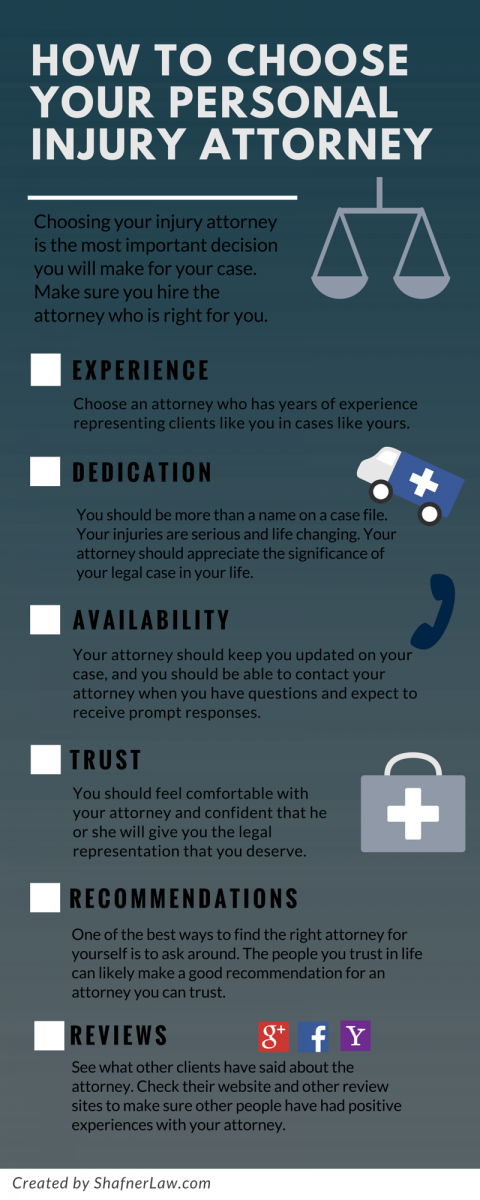A Comprehensive Overview To Landlord-Tenant Regulation For Real Estate Attorneys
A Comprehensive Overview To Landlord-Tenant Regulation For Real Estate Attorneys
Blog Article
Write- http://jacqueline4darrel.xtgem.com/__xt_blog/__xtblog_entry/__xtblog_entry/37860641-what-questions-should-i-pose-to-my-property-attorney?__xtblog_block_id=1#xt_blog Written By-Beck Bekker
When it involves landlord-tenant legislation, knowing your rights and duties is important for both celebrations. You could assume you have a solid understanding on the basics, yet there are typically nuances that can catch you off-guard. Whether you're a proprietor managing a building or an occupant searching for a stable home, understanding the legal landscape can make all the distinction. What may surprise you are the complexities involved in browsing disputes and eviction processes.
Understanding Renter Civil Liberties and Responsibilities
When you rent a residential property, it's important to comprehend your rights and responsibilities as a lessee. You have the right to a safe and habitable living environment, implying your proprietor must maintain vital solutions like home heating, pipes, and electricity.
You're also qualified to personal privacy; proprietors generally need to provide notification before entering your system.
On the flip side, you're responsible for paying lease on schedule, maintaining the home tidy, and not causing damage past typical damage.
Acquaint yourself with your lease contract, as it lays out specific rules and obligations. Knowing these elements not just shields you yet also fosters a positive connection with your property manager.
Stay educated, and you'll navigate your occupancy better.
Secret Landlord Obligations and Legal Factors To Consider
While you may understand your legal rights as a lessee, it's just as vital to comprehend your proprietor's obligations.
https://www.wealthmanagement.com/estate-planning/encorestate-brings-human-touch-estate-tech should provide a secure and habitable living atmosphere, making certain that essential systems like home heating, plumbing, and power remain in working order. They're additionally in charge of making necessary repair work quickly and sticking to neighborhood building codes.
In addition, property owners must appreciate your personal privacy by giving proper notice before entering your device, typically 24 hours. They need to manage security deposits according to state laws, consisting of returning them quickly after you leave, minus any type of lawful deductions.
Recognizing these obligations can aid you keep a positive connection with your property owner and ensure your living situation fulfills lawful criteria.
Navigating Conflicts and Expulsion Procedures
Disagreements between landlords and lessees can develop all of a sudden, making it important for you to comprehend the procedures associated with fixing them.
Initially, interaction is key-- try to talk about issues straight to find a concession. If that fails, acquaint on your own with your local regulations concerning disagreements and expulsion. Paper every little thing: maintain records of communications, settlements, and any violations.
If expulsion becomes essential, guarantee you comply with the legal actions called for in your area, which usually includes offering composed notice and a particular duration for resolution.
Be prepared to head to court if the situation rises, maybe your only option. Understanding these procedures will certainly assist you navigate disagreements more effectively and shield your rights as either a proprietor or lessee.
Conclusion
In recap, recognizing landlord-tenant regulation is important for both events involved in a rental agreement. By knowing your civil liberties and obligations, you can cultivate a far better living environment and avoid disputes. If conflicts develop, bear in mind that a property attorney can aid guide you via the complexities of eviction processes and lawful responsibilities. Staying notified and aggressive will certainly ensure a smoother rental experience, whether you're a property owner or a tenant.
